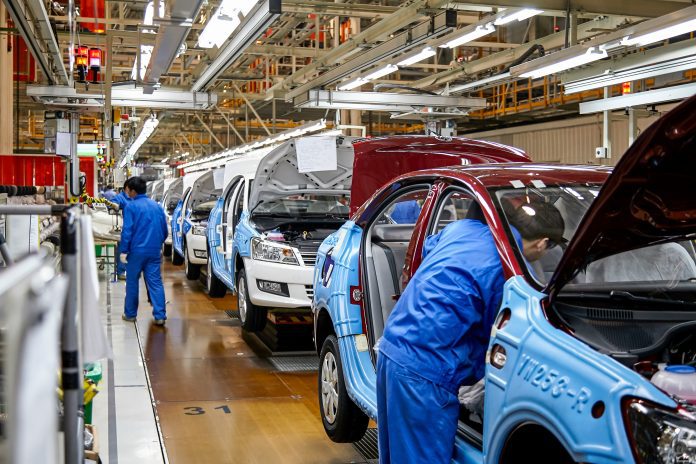Volkswagen, one of Germany’s automotive giants, has announced that it cannot rule out the possibility of closing plants in its home country, citing significant industry headwinds. This development also marks the end of a job protection pledge that had barred layoffs through 2029, a policy in place since 1994.
Volkswagen Group CEO Oliver Blume highlighted the growing pressures facing the European automotive industry, including increased competition from new entrants in the European market and Germany’s declining position as a manufacturing hub. “The European automotive industry is in a very demanding and serious situation,” Blume stated, emphasizing the need for decisive action.
Thomas Schaefer, CEO of the Volkswagen Passenger Cars division, noted that while cost-reduction efforts have progressed, the challenges have intensified. The company is grappling with rising competition from inexpensive Chinese electric vehicles and missed its half-year cost-saving targets. Volkswagen’s core brand, responsible for mass-market vehicles, saw a significant decline in operating earnings, dropping from 1.64 billion euros to 966 million euros.
The potential plant closures and layoffs are focused on Volkswagen’s core brand, which has been hit hardest by these financial pressures. The broader Volkswagen Group also includes luxury brands like Audi and Porsche, which have higher profit margins, as well as SEAT and Skoda.
Volkswagen has previously attempted to cut costs through early retirements and buyouts to avoid forced layoffs, but now indicates that these measures may not suffice. Any further actions, including plant closures or adjustments to job guarantees, will be negotiated with worker representatives.
The possibility of plant closures has sparked strong reactions from union officials and worker representatives. Thorsten Groeger, chief negotiator with Volkswagen for the IG Metall industrial union, criticized the management’s approach as “shortsighted and dangerous,” warning that it could “destroy the heart of Volkswagen.” Top employee representative Daniela Cavallo also condemned the management, accusing them of failing their responsibilities and attacking employees and labor agreements.
Lower Saxony Governor Stephan Weil, who sits on Volkswagen’s board of directors, acknowledged the need for cost reduction but urged the company to explore alternative measures to avoid plant closures. “The state government will pay particularly close attention to that,” Weil said in a statement.
If a plant closure occurs, it would be Volkswagen’s first since closing its U.S. plant in Westmoreland, Pennsylvania, in 1988. The situation underscores traditional automakers’ growing challenges as they navigate an increasingly competitive and evolving global market.




